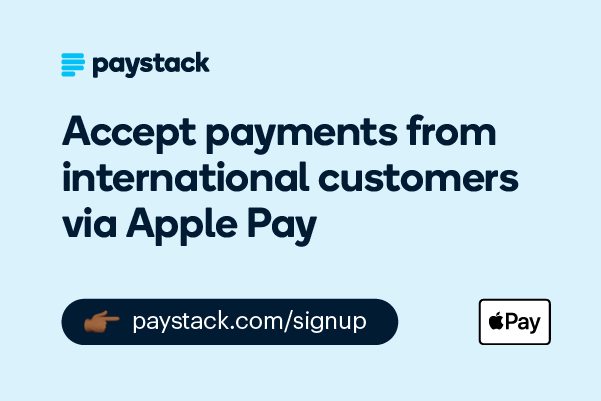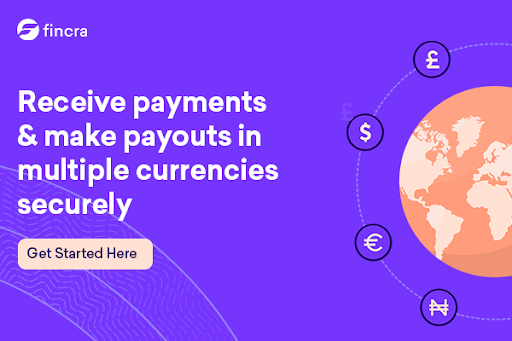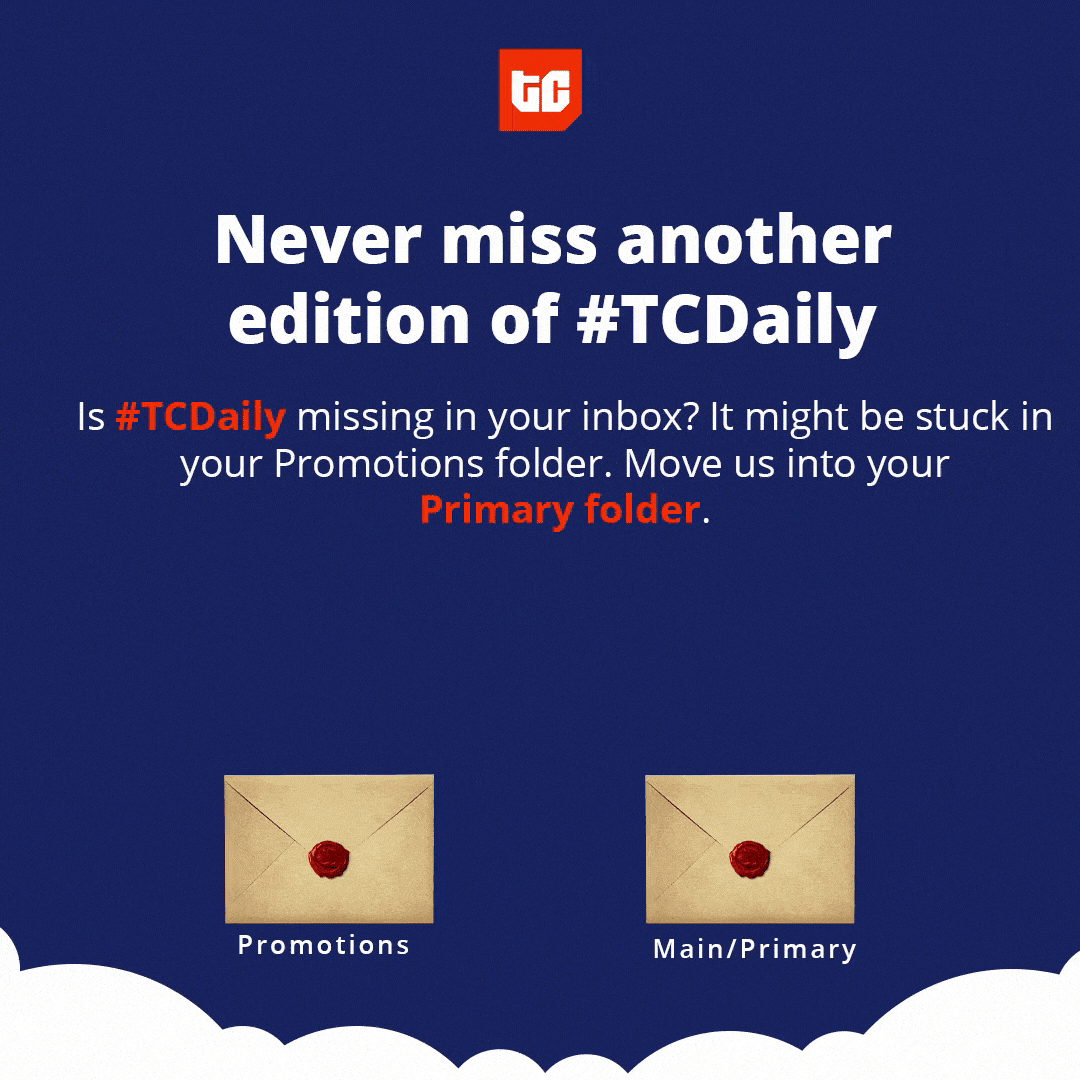
IN PARTNERSHIP WITH



Good morning 🌄
Long-form content may be coming to Twitter soon.
The platform may be releasing a feature that lets users ditch the 280–character limit and write longer articles on Twitter.
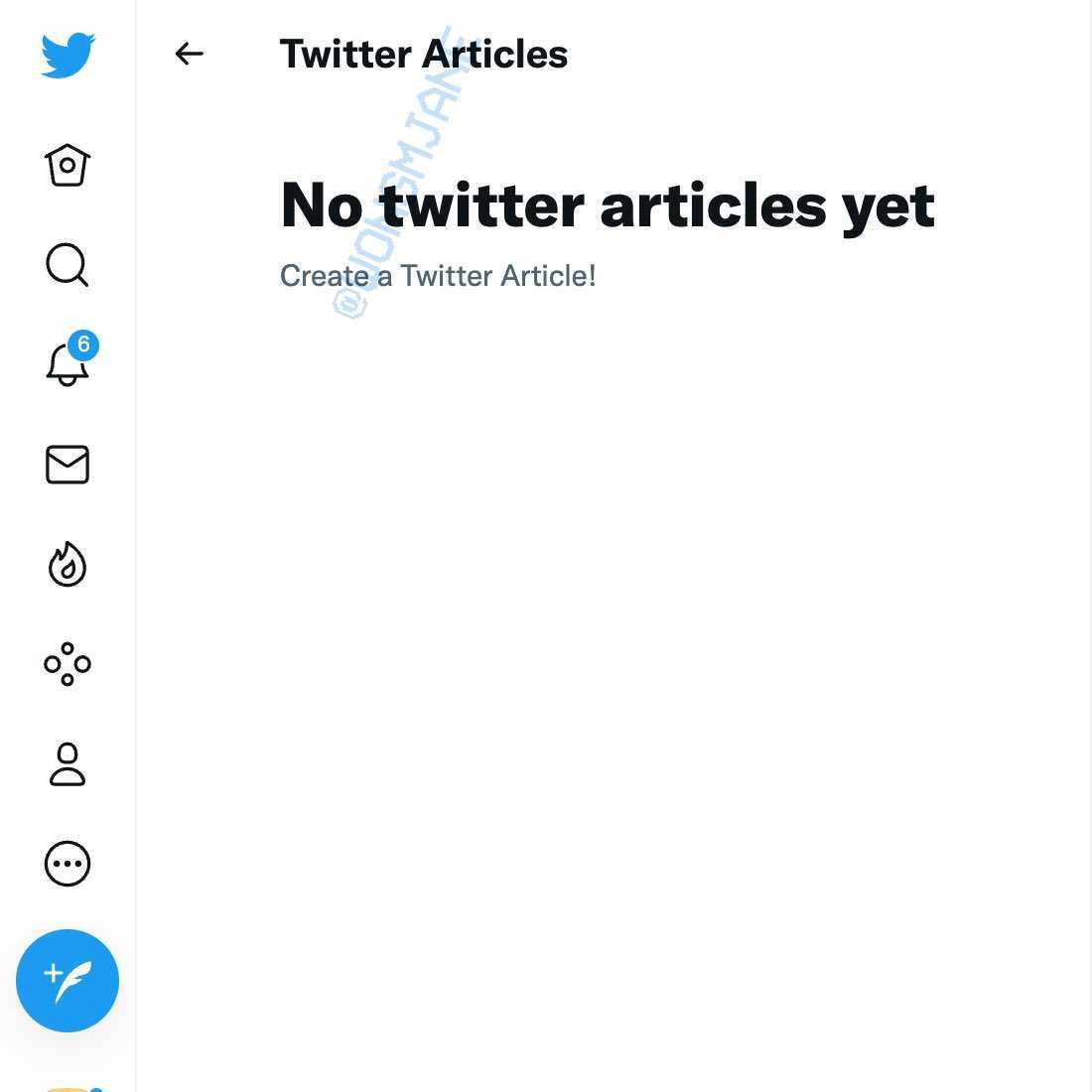
Image credit: Jane Manchun Wong @wongmjane
In today’s edition
- Oui Capital’s 2021 deals
- What sectors will Africa’s next unicorns come from?
- Digitising healthcare with Afya Record
- How wash trading grew in 2021
- Opportunity: Fintech Startup Showcase
OUI CAPITAL’S 2021 DEALS
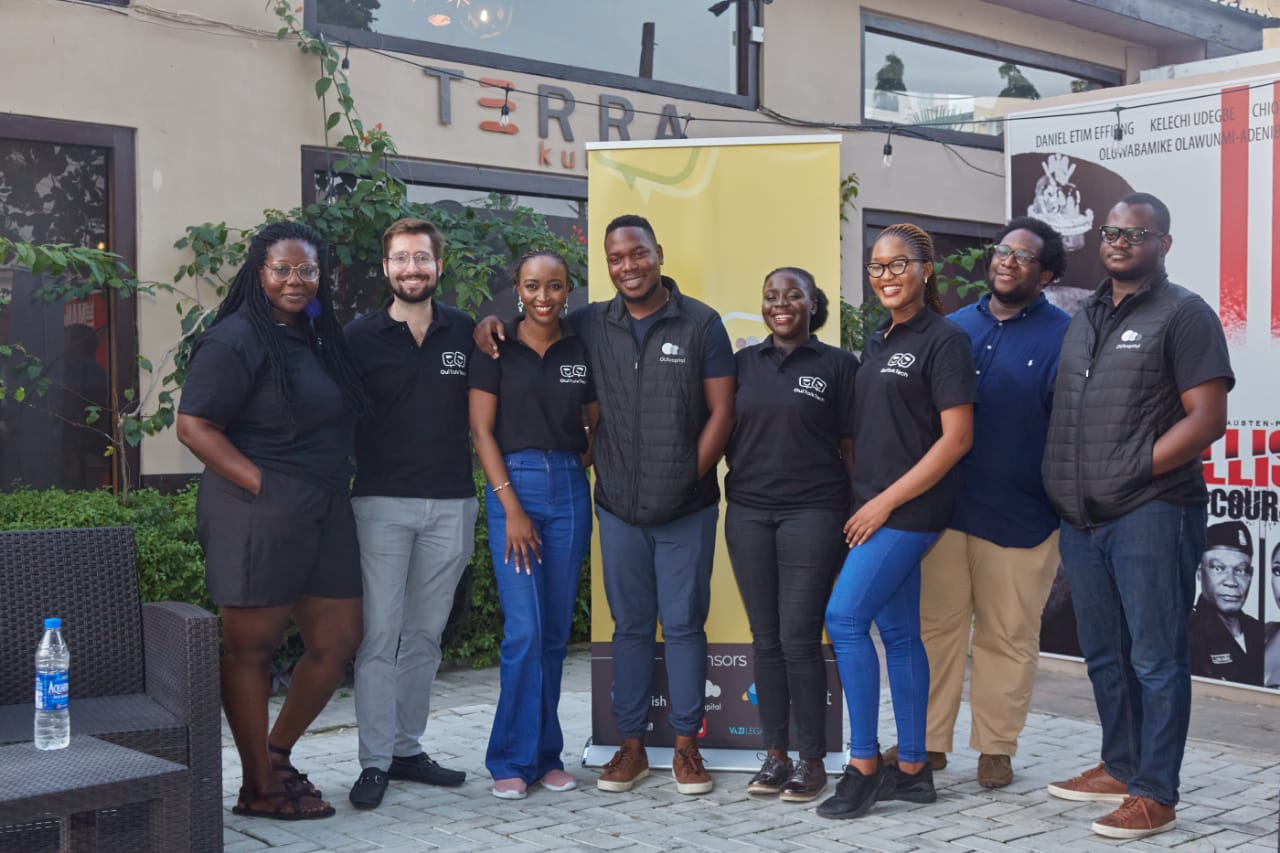
We said this yesterday, but we’ll repeat it: Venture capital investments into startups in Africa hit a record high in 2021 as companies raised over $4.3 billion in venture capital (VC) investments—2.5x the amount raised in 2020.
Oui Capital, an Africa focused, sector agnostic VC firm known for their early investments in agency banking giant TeamApt, and freight forwarder, MVX, made a total of eight new investments across Africa—the most they’ve ever done in a single year.
Here are the startups Oui said yes to.
- Akiba Digital, a South Africa-based fintech tackling Africa’s $200 million credit-access problem for SMEs by building alternative credit scoring infrastructure.
- Ndovu is a Kenyan fintech operating a micro-investment platform that enables individuals in Africa to invest in foreign and domestic financial markets.
- Quabbly, a no-code enterprise software company with operations in Lagos, Nigeria, Quabbly enables businesses to create and manage databases through process automation.
- AiFluence is an AI-powered influencer marketing platform that enables organizations to coordinate, launch, and manage influencer marketing campaigns in Africa.
- Duplo, a fintech building a B2B payments operations platform that aims to reduce the time, cost and complexity of managing payments.
- Herconomy, a Nigerian fintech that leverages the strength of its community to empower women and improve financial inclusion through saving, investing and networking.
- Clane enables merchants to accept payments with their mobile phones and provides consumers with a unified mobile payments app linked to their bank accounts.
- Finally, there’s MAAD, a Senegalese B2B e-commerce company building a platform to digitally manage field operations and to connect fast-moving consumer goods (FMCG) manufacturers with informal retailers in Francophone Africa.
WHAT SECTORS WILL AFRICA’S NEXT UNICORNS COME FROM?

Founded in 2016 by Niklas Adalberth, one of the founders of Swedish fintech unicorn Klarna, Norrsken Foundation was set up to help entrepreneurs solve the world’s biggest challenges through its Norrsken House, a Stockholm-based co-working space for over 350 impact entrepreneurs, the Norrsken Founders Fund, and Norrsken VC.
In 2019, the foundation set up a base in Rwanda, through which it planned to invest across the East and Central African region. Last year, it accepted 11 African startups into the inaugural Norrsken Impact Accelerator.
Norrsken is now working with Hans Otterling, partner at Northzone, and an investment team led by Natalie Kolbe, ex global head of private equity at Actis in South Africa; Actis colleague Ngetha Waithaka in Kenya; and Lexi Novitske, founder of Acuity Venture Partners, on the new Norrsken22 Africa Tech Growth Fund.
The fund, backed by 30 unicorn founders, contributing their skills and $65 million in funding, announced its first close of $110 million on Tuesday. Olugbenga Agboola, co-founder of Flutterwave, and Niklas Zennström, co-founder of Skype, are some of these backers. Norrsken22 is managed by a team of general partners involved in the African tech ecosystem, with decades of experience supporting entrepreneurs in Kenya, Nigeria, and South Africa.
We caught up with Novitske to discuss the inspiration behind Norrsken22, its investment criteria, the current venture capital landscape in Africa, and what sectors she thinks the next set of African unicorn startups will emerge from.
Accept international payments from your customers in the USA, UK, Canada, and 60+ countries using Pay with Apple Pay.
👉🏾 Create a free Paystack account to get started.
This is partner content.
DIGITISING HEALTHCARE WITH AFYA REKOD
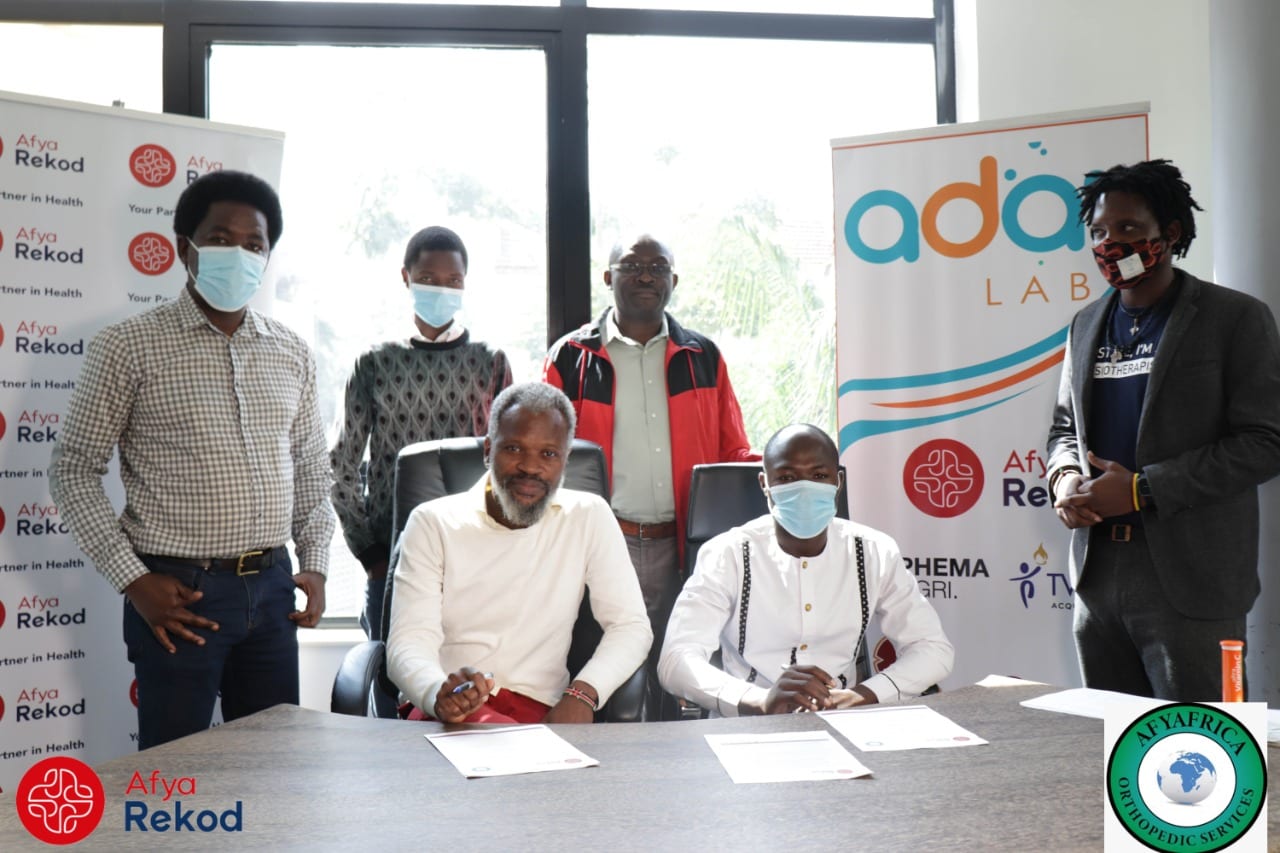
If you were asked for your medical records, how long would it take you to provide them? Five minutes? Five days? It certainly would be difficult for many because those records are stored away somewhere in every hospital or clinic you’ve visited.
A Kenyan healthtech, Afya Rekod, tackling this barrier by creating a platform where you can consolidate and store all your health information. To this end, it recently raised a $2 million seed funding to expand across Africa. The funding round was led by Mac Venture Capital and Next Chymia.
A little more on the record
Afya Rekod—founded in 2019 by John Kamara—is a data-driven platform that focuses on the patient by giving them so many rights of ownership and access to their health record, and increasing mobility in the health ecosystem. The platform contains modular tools collectively working to ensure patients’ ownership of their health records.
The company has four different unique offerings for patients and medical service providers. Afkya Rekod’s Patient Portal gives patients the freedom to add or remove doctors, invite family and friends, and consolidate past and present medical records.
Medical service providers can take advantage of Afya Rekod’s Electronic Health Record system (EHR) designed for hospitals and health centres. EHR systems connect hospital’s to their patient’s portal, after access has been granted, to add a new diagnosis, prognosis, or recommendation.
There is also Diagnostic Centre that allows medical labs to digitally add patients’ results to their portal without messy paper trails. The fourth offering is Disease Management, which helps chronic diseases patients, who require on-demand access to their records, manage their timelines.
Since launching into beta last year, Afya Rekod said it has onboarded over 40 hospitals and over 150,000 patients. Two weeks ago, it left beta and launched into the public and expects to ramp up more users. Its latest funding will help it do just that.
Quidax is one of Africa’s largest cryptocurrency exchanges that allows anyone to access Bitcoin and other cryptocurrencies from anywhere in the world. With the new Quidax app, anyone can trade over 30+ cryptocurrencies, get market reports, easily withdraw funds in your local currency, and do so much more.
Download the new Quidax app today!
This is partner content.
HOW WASH TRADING GREW IN 2021

Well, that didn’t take long at all.
Money launderers have found a way to legitimise stolen funds: NFTs. Laundering through NFTs has been around for a while, but the illegal activity is slowly gaining infamity.
What’s happening?
According to a new report by Chainanalysis—a company providing blockchain data and analysis to governments and businesses worldwide—laundering through NFTs increased significantly in 2021.
In the first quarter of the year, around $400,000 was tracked as illicit value created by launderers but the number grew to $1.4 million by the end of 2021.
Chainanalysis tracks this number by tracking amounts sent from addresses associated with malware, theft or scams.
There was also a significant increase in “wash trading”, the practice where NFT owners create the illusion of value by “selling” their NFTs by sending themselves money from crypto accounts they own. Over 262 users made $8.9 million in profit by wash trading. In fact, about $8 billion of the $24 billion made in NFT sales on LooksRare is suspected to be generated from wash trading.
Side-bar: If you’re wondering how this works, here’s a quick breakdown. NFT traders make money through wash laundering by: first, they “sell” the NFTs to themselves over and over again, slowly increasing the price each time they “sell” it. Then, an unsuspecting buyer who sees the NFT, and thinks it’s a coveted piece that has built great value over time, buys it for an even higher price.
What next? Well, companies like Chainanalysis are working with governments and crypto traders to find solutions to launders and wash traders. Over time, sites like BestMixer, Helix, and BitcoinFog have been taken down for money laundering.
OPPORTUNITY: STARTUP SHOWCASE
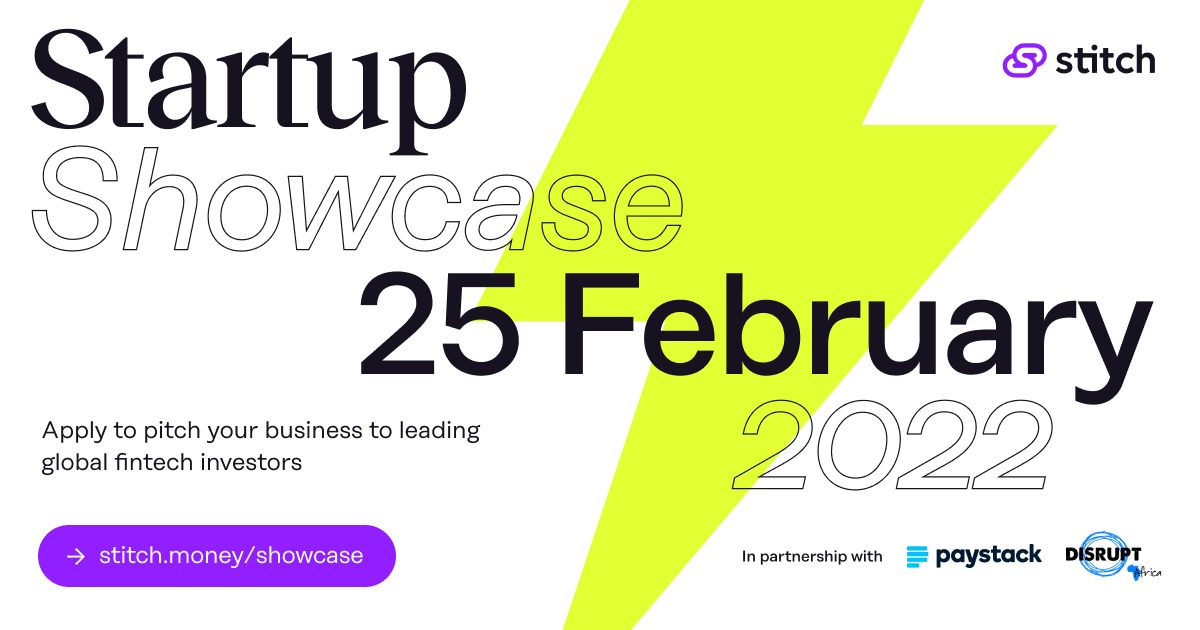 Are you building Africa’s next top Fintech business? If your answer is “yes” then here’s something for you.
Are you building Africa’s next top Fintech business? If your answer is “yes” then here’s something for you.
On February 25, 2022, Stitch—in partnership with Paystack—is hosting a startup showcase to help early-stage fintechs build and scale financial solutions in African markets.
Early-stage (pre-Series A) fintech startups from across the continent that are interested in sharing their solutions with a set of global and local fintech investors are invited to apply to be part of the showcase. Selected startups will get:
- An opportunity to pitch their business to global and local fintech investors and founders in Cape Town.
- Free payment processing from Paystack for selected startups operating in Nigeria, South Africa and Ghana.
- Six months of free access to the Stitch API for selected startups operating in Nigeria and South Africa.
- Post-event coverage.
- Pitch support from the Stitch team.
Applications close on February 10, 2022, so get your applications in as soon as you can.
Fincra is a payment infrastructure that provides fintechs, online platforms, and global businesses with reliable payment solutions for quick collections and payouts in different currencies. You can gain access to Fincra’s payments platform or integrate their APIs for seamless payments processing.
This is partner content.
What else we’re reading
- Endeavor selects Chari as one of the 12 entrepreneurs from 7 markets at the 23rd Virtual International Selection Panel.
- Moove raises $10 million funding from NBK Capital Partners for expansion.
- Here’s a short clip of what life in the metaverse could mean for parents.
- There’s been an attempted coup in Guinea-Bissau, and it may be linked to drug trafficking.










